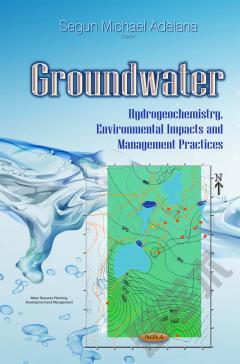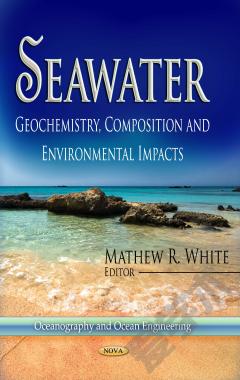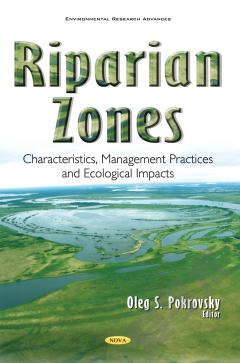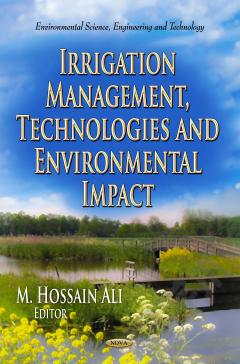Groundwater: Hydrogeochemistry, Environmental Impacts and Management Practices
Contamination of groundwater sources is a global phenomenon and it’s becoming evident that unregulated human activity will lead to further deterioration of the resource in many countries of the world. There is therefore an increasing need for research and informed policies to strategically manage groundwater along with other natural resources. This book has been structured into ten chapters, including an introductory background and contextual material for its contributions, with case studies from US, Canada, Australia, Brazil, Serbia, India, Malaysia, Netherlands, and South Africa. Contributions in this book range from hydrogeochemical investigations and evaluation of groundwater usability for water supply as well as for agricultural purposes to groundwater quality descriptions and characterisation. Issues on groundwater overdevelopment and the consequent quality degradation; flow and recharge processes with management implications; groundwater dependent ecosystems and ecological implications are well covered in its content. A number of simulation variants from numerical modelling to characterise groundwater conditions and estimate groundwater resources potential in large basins are presented to support technical decisions and policy making. The prospects and problems of groundwater development are addressed in this book and novel bioremediation technology with more than 10 years of successful application in remediating groundwater contaminated with chlorinated aliphatic hydrocarbons (CAHs) concludes the content. This book will be useful to all within the groundwater community, researchers and policy makers alike.
{{comment.content}}








 京公网安备 11010802027623号
京公网安备 11010802027623号